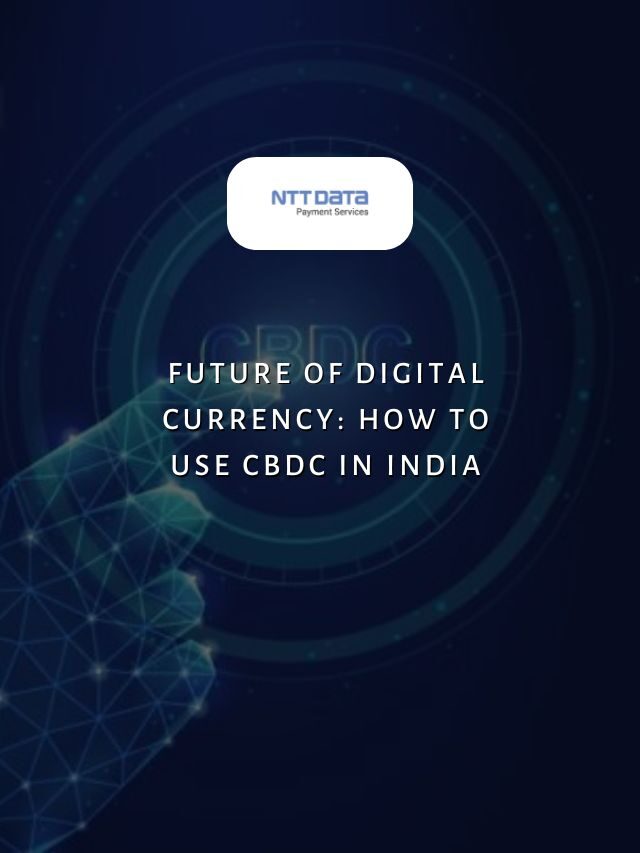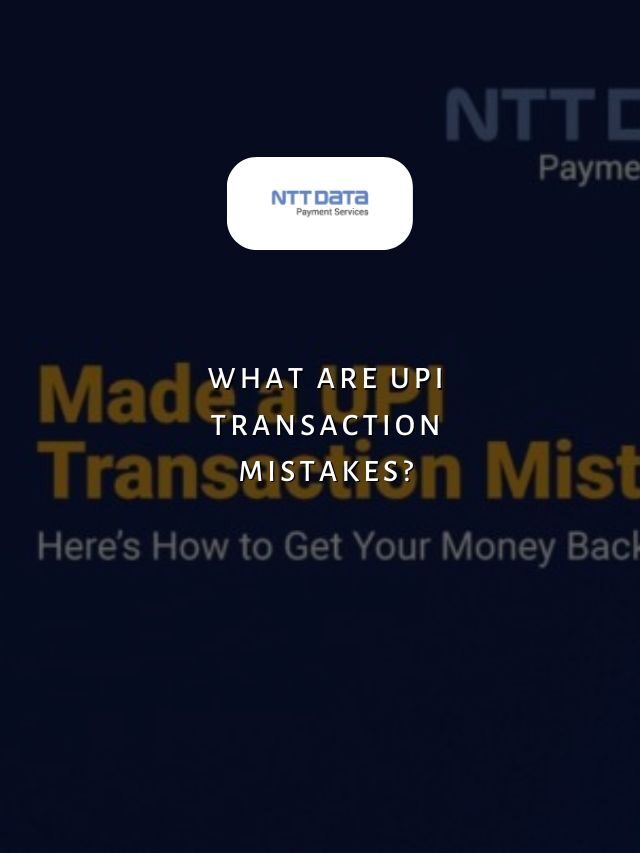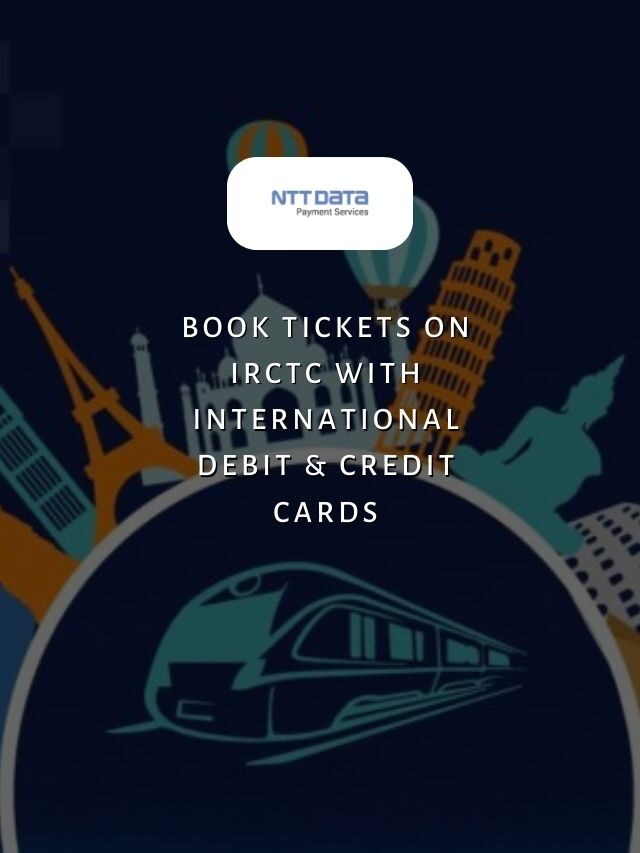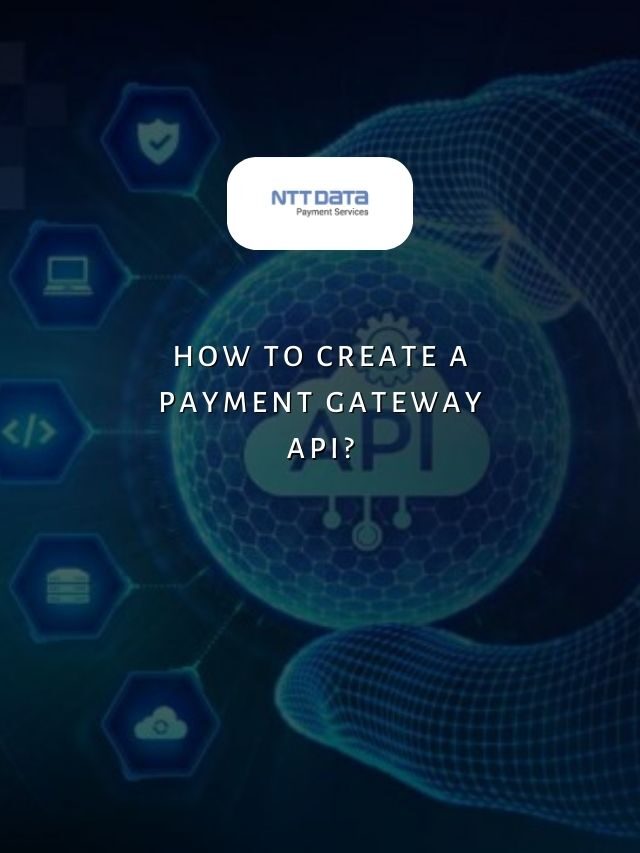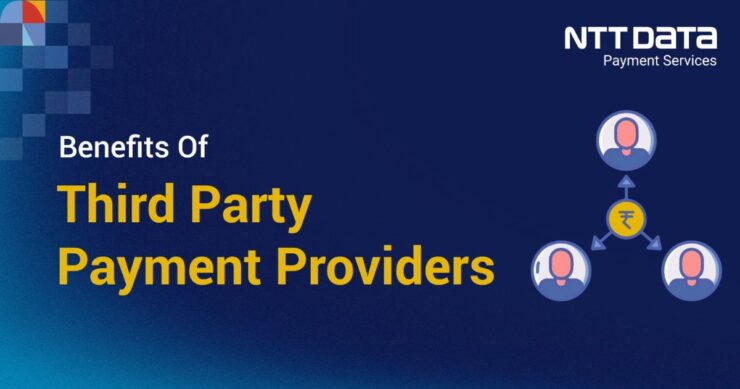
Table of Contents
Third-party payment providers are essential in facilitating payments between buyers and sellers online. In this blog, we will discuss who third-party payment providers are, their role, and the top 7 benefits of using them for businesses.
Who are Third-Party Payment Providers?
Third-party payment providers, also known as payment processors, are companies that facilitate payments between buyers and sellers on behalf of merchants. They allow merchants to accept electronic payments such as credit cards, debit cards, bank transfers, digital wallets, and more without having to manage the complex payment infrastructure themselves.
Role of a Third-Party Payment Provider
The primary role of a third-party payment provider is to serve as the intermediary that handles the transfer of funds from the buyer to the merchant. When a customer makes a purchase, the third-party payment provider collects the payment details, processes the transaction, and deposits the funds in the merchant’s account.
This allows merchants to accept online and card-not-present payments without having to be directly linked to payment networks like Visa, Mastercard, and banks.
Recent Web Stories
Top 7 Benefits of Third-Party Payment Providers
Here is the list of the top 7 benefits of third-party payment providers:
1. Increased Payment Options:
Third-party payment providers offer merchants access to a wide range of familiar payment methods, such as credit cards, debit cards, net banking, e-wallets, and more. These providers ensure that all customers can complete purchases seamlessly using their preferred payment options, improving checkout conversion rates and giving customers more flexible payment options.
2. Reduced Fraud Risk:
Third-party payment providers have sophisticated risk and fraud detection mechanisms as they process a high volume of transactions daily. They use technologies like machine learning for continuous monitoring.
This reduces chargebacks, payment failures, and the risk of fraudulent activity for merchants. It minimises losses and ensures the safety of funds. Third-party payment providers’ built-in risk management capabilities provide merchants with financial security.
3. Simplified Payment Processing:
Reconciling payments from multiple sources is a complex task for merchants. However, third-party payment providers simplify this process significantly. They consolidate all payment transactions into a single payout and provide detailed reports.
Setting up payment processing through a third-party provider is simpler than directly integrating with banks and payment networks. It saves time and reduces integration costs.
4. Improved Security:
Third-party payment providers are PCI DSS compliant, meaning merchant sites don’t have to comply with rigid PCI security standards. This significantly reduces security compliance costs and headaches for merchants.
5. Global Presence:
Many third-party payment providers have a global footprint, allowing merchants to expand internationally and access global markets. This facilitates borderless commerce, expands the merchant’s potential customer base significantly, and has long-term growth benefits.
6. Analytics and Reporting:
Advanced analytics tools provided by third-party payment providers help merchants improve business decisions with real-time data insights on sales, customers, revenue, and more.
7. Flexible Pricing:
Third-party payment providers offer transparent and flexible pricing models without long-term contracts. Their pay-as-you-go pricing is beneficial for growing businesses. Some providers also waive setup or subscription costs. This makes third-party payment options very cost-effective for merchants compared to other options.
Access Seamless Online Payments with NTT DATA Payment Services
NTT DATA Payment Services is a leading third-party payment solutions provider that offers merchants a comprehensive suite of payment processing and value-added services. Merchants may concentrate on expanding their main business by using the benefits offered by third-party payment providers like NTT DATA Payment Services without having to worry about difficult payment integrations and regulatory compliance.
NTT DATA Payment Services offers a complete payment solution to advance both your offline and online businesses from,
- Online Payment Gateway in India
- POS machines
- IVR payments
- Mobile applications, and
- Bharat QR Scan and Pay
We ensure maximum comfort, convenience, and safety for all your payments.
Conclusion
Third-party payment providers play a vital role in online commerce by facilitating secure payments between buyers and sellers. Their benefits, like increased payment options, reduced fraud risk, simplified processing, and improved security, help merchants focus on their core business, expand globally, and boost sales.
As e-commerce continues to grow rapidly, third-party payment providers will become even more important for merchants, who will need to take advantage of the numerous benefits of third-party payment providers.
| Also, you can get frequent updates on nttdatapayments Instagram page. |
Frequently Asked Questions (FAQs)
1. What is a third-party payment provider?
A third-party payment provider is a company that facilitates payments between buyers and sellers on behalf of merchants. They allow merchants to accept electronic payments like credit cards, debit cards, bank transfers, digital wallets, etc., without having to manage the complex payment infrastructure themselves.
2. What is the role of a third-party payment provider?
The primary role of a third-party payment provider is to serve as the intermediary that handles the transfer of funds from the buyer to the merchant. When a customer makes a purchase, the third-party payment provider collects the payment details, processes the transaction, and deposits the funds in the merchant’s account.
3. What are the benefits of using a third-party payment provider?
The top benefits include increased payment options, reduced fraud risk, simplified payment processing, improved security, global presence, analytics and reporting, and flexible pricing.
4. How do third-party payment providers reduce fraud risk?
Third-party payment providers have sophisticated risk and fraud detection mechanisms as they process high transaction volumes daily. They use technologies like machine learning for continuous monitoring to reduce chargebacks, payment failures, and fraudulent activity.
5. How do third-party payment providers improve security?
They are PCI DSS compliant, so merchant sites don’t have to comply with rigid PCI security standards. This significantly reduces security compliance costs and efforts for merchants.

